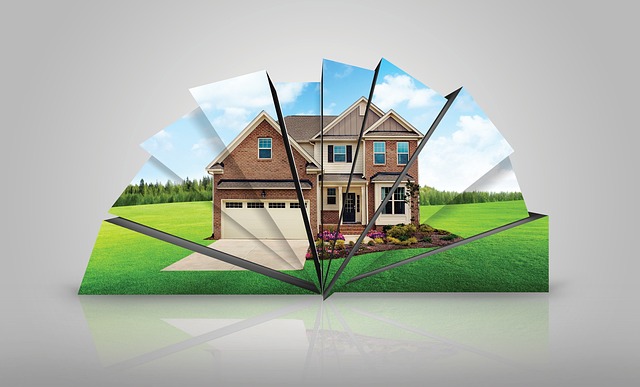
Buying a home is one of the biggest financial and emotional decisions most people ever make. The process can move fast, and with so many details to consider — location, price, mortgage rates — it’s easy to miss the questions that truly matter once you’re living in the home. Over the years, I’ve noticed that many buyers skip over some critical points that could have saved them stress, money, and frustration later on.
Here are a few of those often-overlooked questions every buyer should be asking before they sign the dotted line.
1. How old are the major systems — and what’s their expected lifespan?
Buyers frequently focus on square footage and finishes, but the real expenses often hide behind the walls. Ask about the age and condition of the roof, HVAC system, water heater, and electrical panel. A newer roof can last 20 years or more, while a furnace may only have a 10–15 year lifespan. Knowing the timeline helps you plan for future costs instead of being surprised by them.
2. Has the home had any water or drainage issues?
Moisture problems are among the most common (and costly) issues found in homes. Even a small leak or poor grading can lead to foundation damage, mold, or structural deterioration. Ask if the basement or crawlspace has ever shown signs of water intrusion and whether any drainage improvements have been made around the property.
3. Are there any safety or code concerns I should be aware of?
Older homes, in particular, may have wiring or materials that no longer meet current safety standards. For example, aluminum wiring, outdated panels, or missing GFCI outlets can pose serious hazards. A detailed inspection should identify these issues, but it helps to ask the seller or agent directly about any previous repairs or updates.
4. What’s behind the recent renovations?
Fresh paint and new fixtures can make a home look move-in ready — but don’t assume “new” means “done right.” If a renovation was done quickly or without permits, you could inherit problems that become your responsibility. Always ask for documentation of permits and warranties for recent work.
5. What maintenance does this property require that might not be obvious?
Every home has quirks. Maybe the gutters need cleaning every few weeks because of nearby trees, or the sump pump runs daily during heavy rain. Understanding these details helps set realistic expectations for upkeep and costs.
6. Are there neighborhood or environmental factors to consider?
Noise levels, nearby construction plans, local flood zones, or even soil conditions can all impact your comfort and property value. A little research — and a few well-placed questions — can reveal insights that don’t show up on the listing sheet.
Buying a home isn’t just about finding one that looks right; it’s about understanding how it works. Asking these deeper questions gives you clarity, protects your investment, and helps ensure that your new home truly feels like a solid foundation — not a surprise project in disguise.

Recent Comments